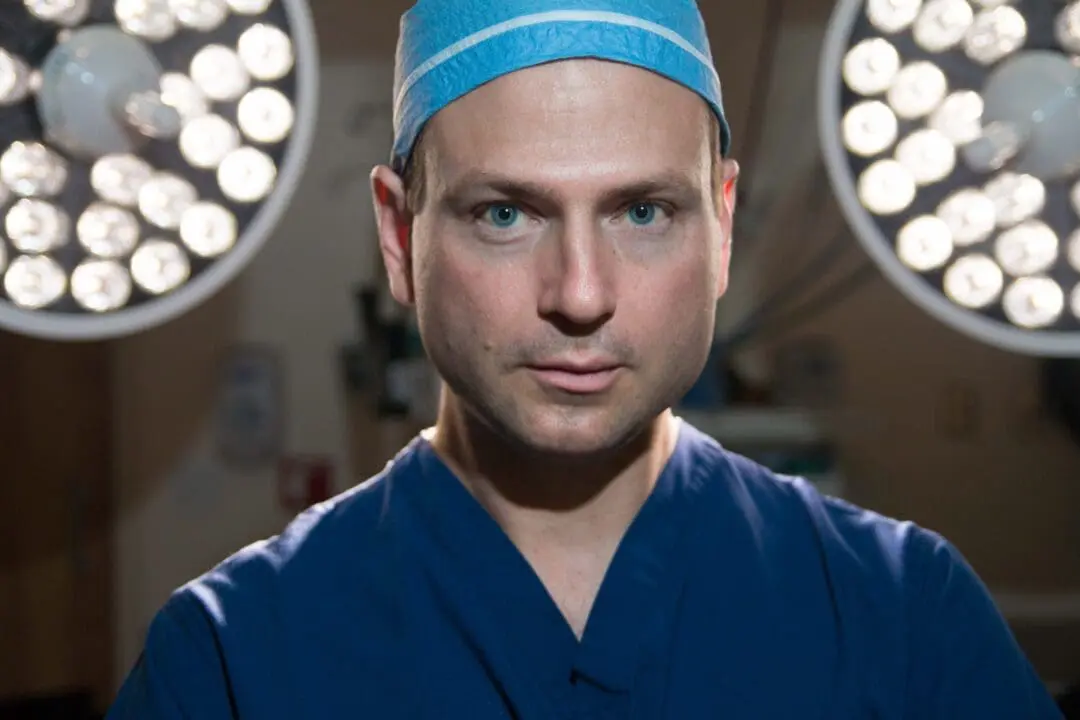![pexels-rfstudio-3825586-scaled[1]](https://drallison.org/wp-content/smush-webp/2022/04/pexels-rfstudio-3825586-scaled1.jpg.webp)
Infected Joint Replacement
Knee and hip replacements are two of the most commonly performed elective operations. For the majority of patients, joint replacement surgery relieves pain and helps them to live fuller, more active lives. Despite extensive attempts to decrease infection rates, approximately 1% (1 in 100) of all hip and knee replacements may become septic. This is known as a joint replacement infection (also known as periprosthetic joint infections) and can be very challenging to treat plus require extensive experience, resources, and diligence.
Dr. Daniel C. Allison, located in Los Angeles, CA, has extensive experience in the treatment of these conditions and is very willing and able to take on their associated complications. His extensive experience in the treatment of various musculoskeletal conditions makes him highly qualified in handling surgical conditions that would challenge most practitioners.
When Will Post-Traumatic Arthritis Develop?
Joint replacement infections can occur under several different circumstances, not just from surgery. The infection can develop any time during a hospital stay or later, possibly years after surgery. Usually, the infection starts in the incision area or around the artificial implants, but any infection in your body can spread to a joint replacement.
Joint replacement infections are caused by bacteria which our immune system is designed to destroy, however, it cannot attack bacteria growing on nonorganic metal and plastic joint implants. Left undisturbed, bacteria can multiply and develop into an infection.
Preventative treatments and antibiotics are usually ineffective against infection making surgery the only solution. Dr. Allison’s sophisticated knowledge of musculoskeletal structures positions him as the ideal surgeon to help patients who’ve developed joint replacement infections.
Some people fall into a high-risk category for infections if they have certain health conditions, such as:
-
- Obesity
- Diabetes
- Peripheral vascular disease (poor circulation)
- Immune deficiencies (lymphoma, HIV)
- Immunosuppressants (chemotherapy)
An untreated infection will only worsen and eventually become a systemic problem with serious consequences.
Symptoms of Joint Replacement Infection
Signs and symptoms of an infected joint replacement
Swelling, Wound Drainage, Fevers, Chills and Night Sweats, Warmth and Redness Around the Wound, Increased Pain or Stiffness in a Joint
Dr. Allison, and his entire medical team, make every effort to prevent infection by ensuring certain protocols are in place for his patients.
Prevention by Minimizing Risk
Prevention against infection is the best defense, and Dr. Allison takes every precaution to ensure the risk of infection is eliminated in all his surgeries. At the time of surgery, the primary goal is to ensure sterility of the patient (both the skin and the surgical wound) and the operating environment.
Additional measures Dr. Allison has in place to lower the risk of infection
Short operating time
Antibiotics before and after surgery
Strict sterile techniques with instruments and implants
Dr. Allison also recommends joint replacement patients continue to exercise caution with subsequent invasive procedures. Even when having dental work or a colonoscopy, individuals with an implanted device should tell their health practitioner about the implant, and they should take antibiotics to control and prevent the risk of infection.
Please read about joint replacement infections from the American Academy of Orthopedic Surgeons.

![pexels-linkedin-sales-navigator-2182976[1]](https://drallison.org/wp-content/smush-webp/2022/04/pexels-linkedin-sales-navigator-21829761.jpg.webp)
